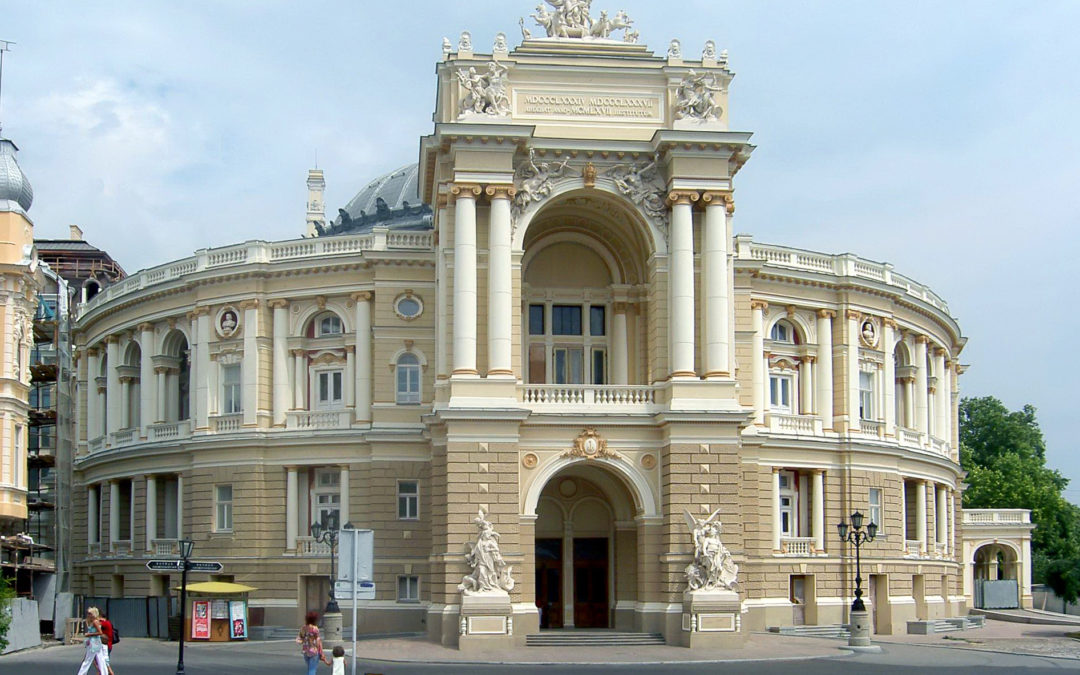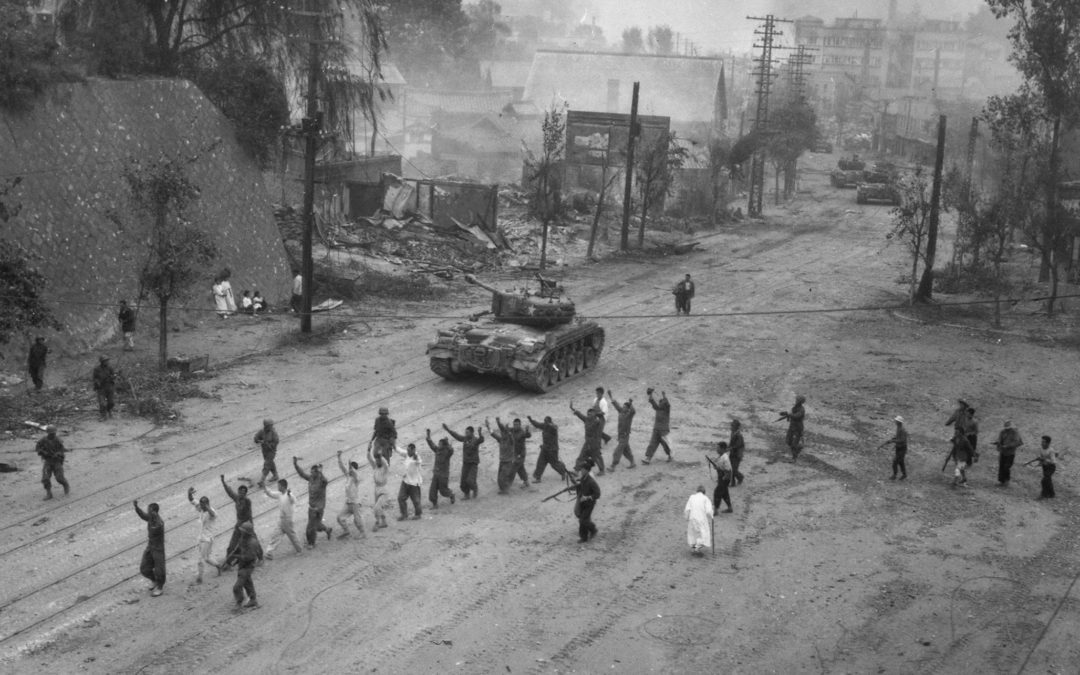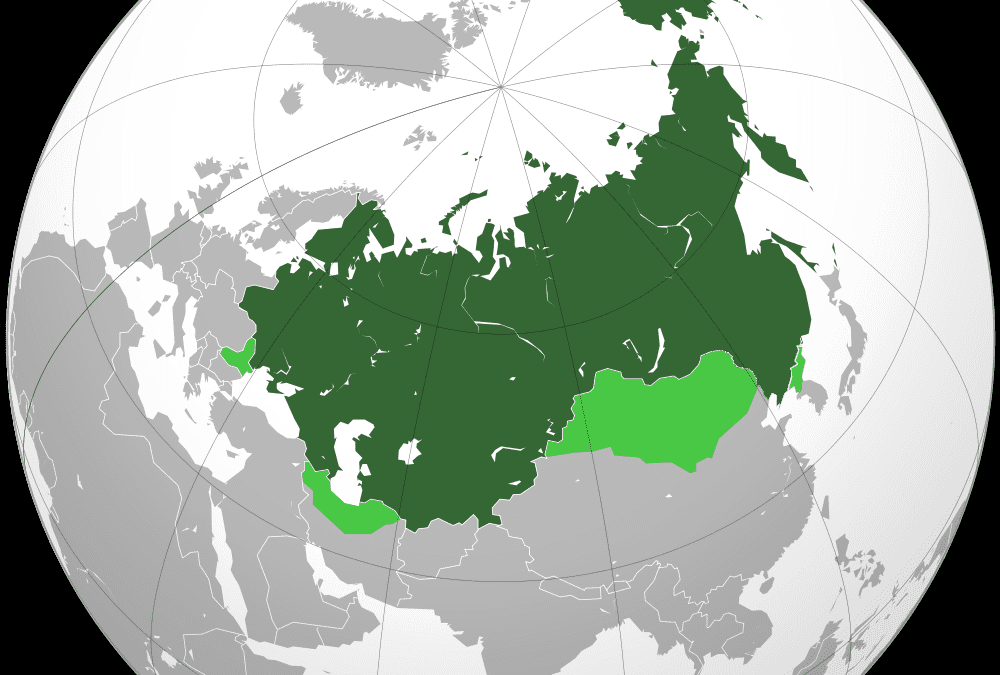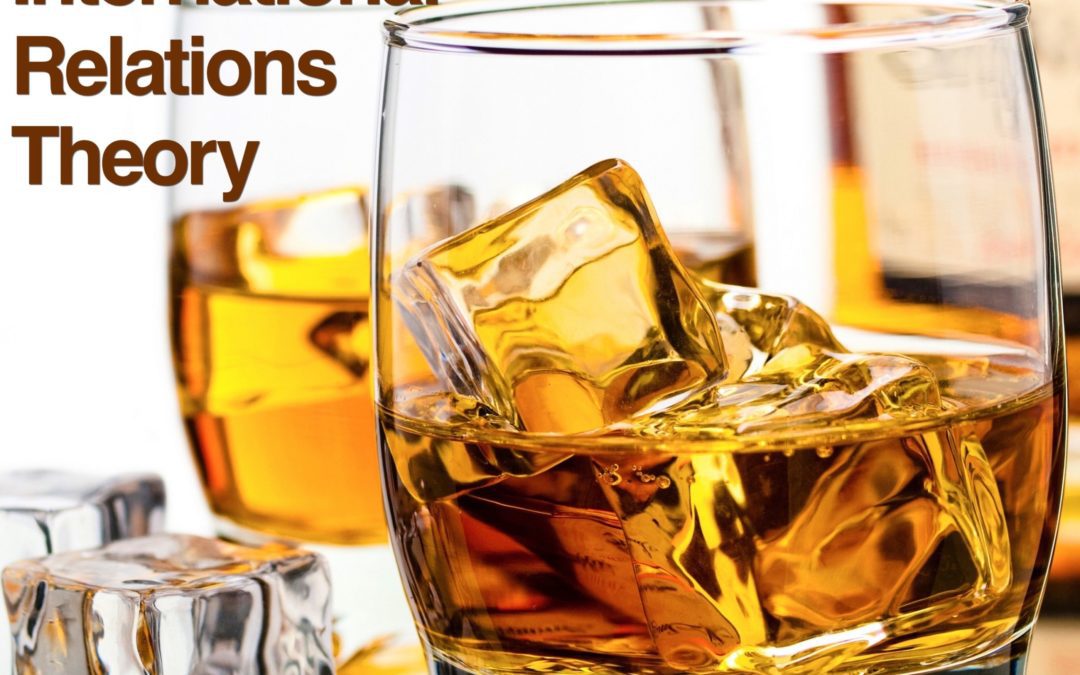The Convention Concerning the Protection of World Cultural and Natural Heritage (“The World Heritage Convention”) entered into force in 1975. The world heritage regime, in effect, produces the shared heritage of humanity. States use their right,...


The Convention Concerning the Protection of World Cultural and Natural Heritage (“The World Heritage Convention”) entered into force in 1975. The world heritage regime, in effect, produces the shared heritage of humanity. States use their right,...

Recent chatter about David Remnick's interview of Stephen Kotkin reminds me of another interview that Kotkin recorded in February. Kotkin draws an analogy between Putin's decision to invade Ukraine...

Watching recent events (and inspired by this tweet about Latvia's PM's take on this), I am reminded of a famous misquotation from the American war in Vietnam: "we had to destroy the village in order...

In 2014, John Mearsheimer authored a Foreign Affairs article in which he blamed that year’s Ukrai…
Editor's note: this post previously appeared on my personal blog. I've been doing links posts on Tuesdays over there for a while now, so I guess I might as well start cross-listing them. 1. Excellent post by Reed Wood on targeting civilians in war. In it, he discusses two recent papers (one by himself and my colleague Jake Kathman, another by fellow PSU PhD Jakana Thomas) showing that insurgents who kill civilians—who resort to terrorism—do better than those who don't. All standard caveats about correlation and causation apply, of course, but bear in mind that there's good reason to...
"The hour is getting late...all along the watchtower, princes kept the view...two riders were approaching, the wind began to howl." Bob Dylan America and Russia are not engaged in a new Cold War, but Russia is playing the global menace du jour. The U.S. and Europe need to take more aggressive action to prevent the annexation of eastern Ukraine, and time is short. Beyond this crisis the West needs an updated defense posture, but for now the road ahead is clear. Russia will take as much of Ukraine as the West allows, nothing more, nothing less. Yet few in Washington and Brussels seem to...
[Note: This is a guest post by Jarrod Hayes, assistant professor of international relations at the Sam Nunn School of International Affairs at the Georgia Institute of Technology. His first book, Constructing National Relations: US Relations with India and China was published by Cambridge University Press in 2013.] Jeffrey Stacey has already discussed the issue in Crimea with alacrity, as have his interlocutors in the comments section. My agenda here is to argue that what is going on in Crimea is not a story about which Realist theory in international relations has much to say. My...
[Note: This is a guest post by Joshua B. Spero, Associate Professor of International Politics and Coordinator of International Studies at Fitchburg State University.] Since the Russia-Ukraine crisis accelerated with Russia’s territorial consolidation in Ukraine, Europe is back on the radar screen as great powers and international institutions struggle to de-escalate this security dilemma. After President Obama’s European trip and coordination with European Union (EU) and NATO leaders on 26 March, the international community should pause to consider that, unlike classic power politics...
The U.S. and Russia are not engaged in a new Cold War, but Russia is clearly playing the geopolitical menace du jour. The U.S. and Europe are going to need to up their game to keep Vladimir Putin’s hands off the rest of Ukraine. Beyond this crisis the West needs a new defense posture, as the world just entered a new era of international relations. Just weeks ago numerous observers dubbed the opening of the Winter Olympics in Sochi “Putin’s Triumph,” when it was anything but that. Russia may have barely edged the U.S. in total medals, but the price for Putin’s orderly Olympics was...
Lots of words have been spilled on this Crimea thing, and so it is reasonable to ask whether our opposition to Crimean self-determination might be more about our feelings about Russia than about secession/irredentism. Chris Blattman asked: Bleg: Someone please explain to me why I should accept that the annexation of Crimea is a terrible thing https://t.co/Op7T0aNN7T — Chris Blattman (@cblatts) March 20, 2014 It raises a legitimate question: shouldn't people be allowed to choose their destinies? Shouldn't folks be allowed to engage in self-determination? I responded with heaps of tweets,...
Note: The following is a guest post from Mlada Bukovansky, Professor of Government at Smith College. The word freedom has to come into it, when speaking of the Ukraine crisis. It has become exceptionally difficult to use that term without wincing in the post-Bush era, but still I think it needs to be said. I was speaking to my mother about Ukraine and inevitably Czechoslovakia 1968 came up. I could hear in her voice the urgency and echoes of the passion that accompanied our fleeing Prague in August of that year. There would be no more freedom there. She said those who stayed behind were...
I have a question for all those folks who study elections: any democracy hold an election within a week or two of being announced?